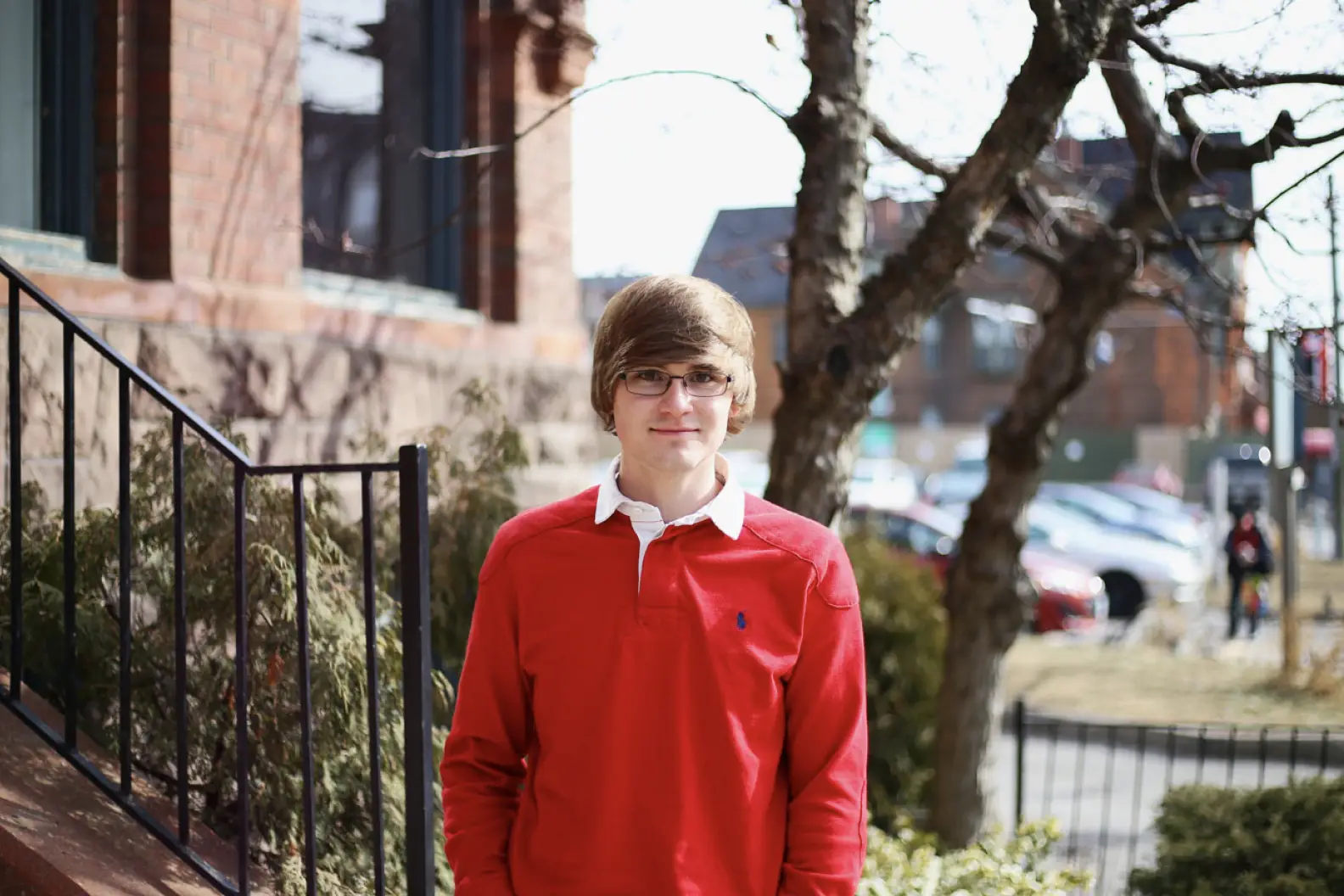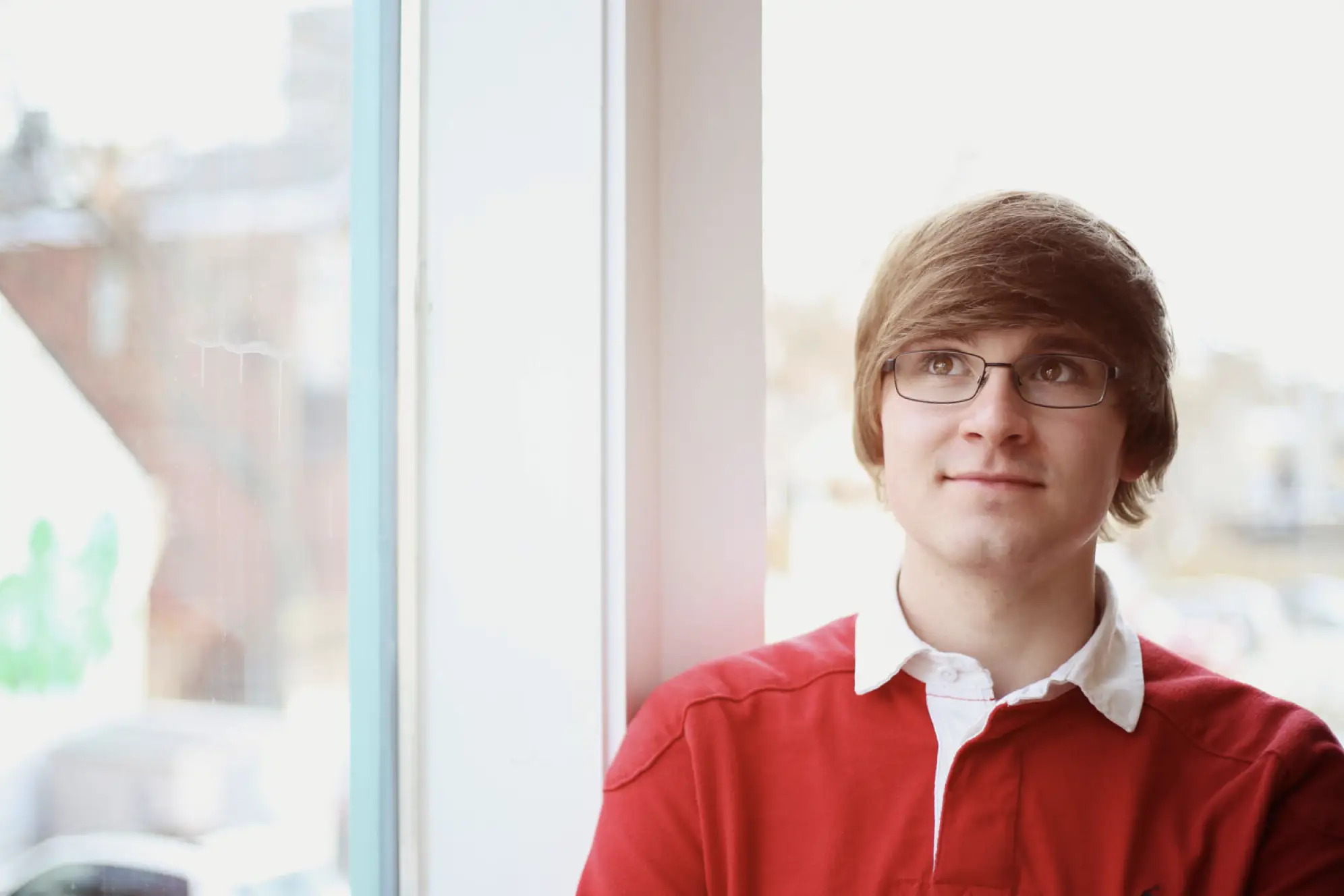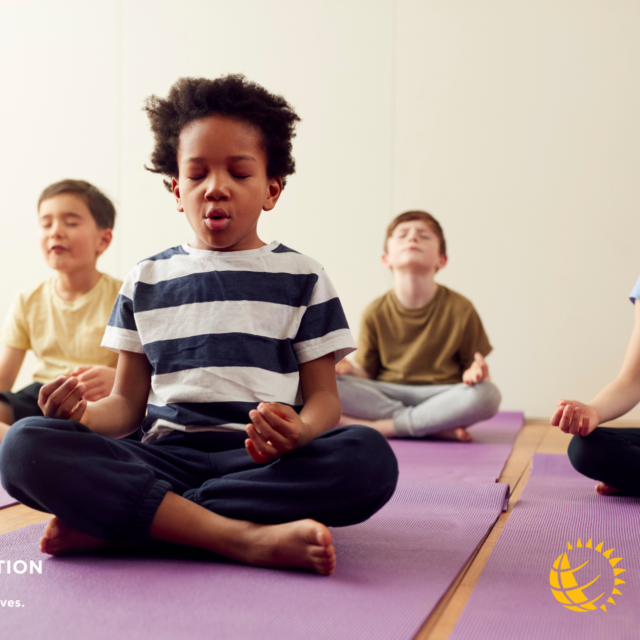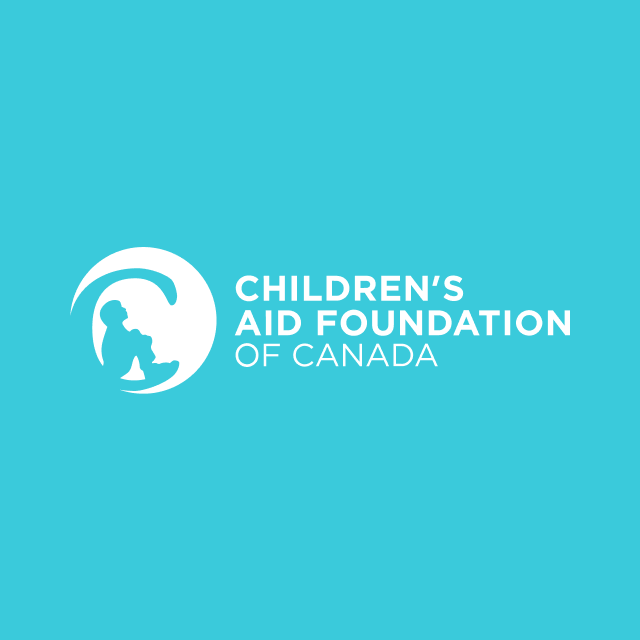For some young people living in the child welfare system, identifying as LGBTQ2S has been a devastating experience. Already struggling to come to terms with their own sexualities and/or genders, many of these youth are rejected by their families and kicked-out from home, with nowhere to turn.
CHARLIE was supported by his family after identifying as gay, but struggled internally to embrace his own identity, while also facing challenges with substance abuse and mental health. As June’s Young Person in Profile, CHARLIE is proud to share the progress he’s made from being in a group home, to becoming an advocate and ambassador for other LGBTQ2S youth and those struggling with addiction, as well as a student in York University’s Biomedical Science program. Read his story below.
*We are sad to note that Charlie passed away in a tragic car accident on July 23rd. He was just 21-years-old. His legacy and passion for supporting vulnerable youth will not be forgotten.
My parents are very supportive, but a lot of my friends have said that if they ever came out to their parents, they’d be kicked-out of the house. From my experiences, CAS was really accepting; they gave me a lot of great support and helped to introduce me to the LGBTQ2S community. Care is a safe haven for kids whose parents just won’t accept them.
“I was on a very self-destructive path, and I think a lot of it had to do with my sexual orientation; I didn’t accept it. I also suffered from various mental health issues, including depression and an anxiety disorder. My parents didn’t know how to help me or take care of me, and after a few run-ins with the psychiatric ward, the Children’s Aid Society (CAS) stepped-in and offered to help. When I was first admitted into care I was 15, but things started going downhill when I was about 13. By 15, it was just too much for my parents. The end goal was always to end-up back at home. My parents said that they wanted me to live with them and not be away from them. I live with them now, and CAS did everything they could to make that happen. I moved back in with them just after I turned 17.”
“The biggest thing was that I didn’t want to accept my sexuality. I sort of figured it out at 12 or 13, but it wasn’t until I was about 17 that I really started to accept it. I used drugs for a long time to mask how I was feeling. I never had issues with bullying; it was more me looking down upon myself and feeling really depressed. I just felt like everyone was always looking at me and judging every, little thing that I did.”
“I couldn’t see my friends and didn’t have as much contact as I wanted to with my family. It was really hard. But, the staff at the group home was really welcoming, and I felt comfortable straight away. They made sure I knew it was my home. I lived at that group home for about two years, and spent some time in a youth rehabilitation centre, as well. For a long time I felt abandoned, as though my parents had just given-up on me. I went through a lot of therapy; I suffered a lot from mental illness.”

“My parents are very supportive, but a lot of my friends have said that if they ever came out to their parents, they’d be kicked-out of the house. From my experiences, CAS was really accepting; they gave me a lot of great support and helped to introduce me to the LGBTQ2S community. Care is a safe haven for kids whose parents just won’t accept them.”
“I was pushed to deal with the things I’ve gone through; even rehab – I didn’t want to go, but in the end it was the best thing that’s happened in my life. My CAS workers pushed me a lot in positive ways, and encouraged me to do good and giveback to others. And, I wouldn’t be where I am without that. I was pushed to even finish high school; I was two years behind, but I finished it with their support… Not having confidence takes away a person’s voice. I thought everything I did was wrong, and I didn’t want to talk about it. I’ve learned that failing is a good thing; you can learn from it and move on.”
“It’s such an important step in learning to love and accept yourself. The LGBTQ2S issue is definitely being talked about more, so I think more people are coming out in general. Because there’s that shift, I think increased funding is a good thing in dealing with youth who do come out as LGBTQ2S. I am now a volunteer with youth who are struggling with addiction, and also involved in speak-out events where I can be an ambassador for youth from care. I’m also in pre-med school, and hoping to go on to become a doctor. Based on my past using drugs and going into rehabilitation, I think a lot of people would be surprised to learn that. I’ve been through a lot and I’m now on a good path. Like, I recently went on a winter dogsledding trip, and I would have never done that a few years ago. But, because of the trips I went on throughout my time in care, I discovered things that I love.”
Support young people like CHARLIE in achieving their full potential.


